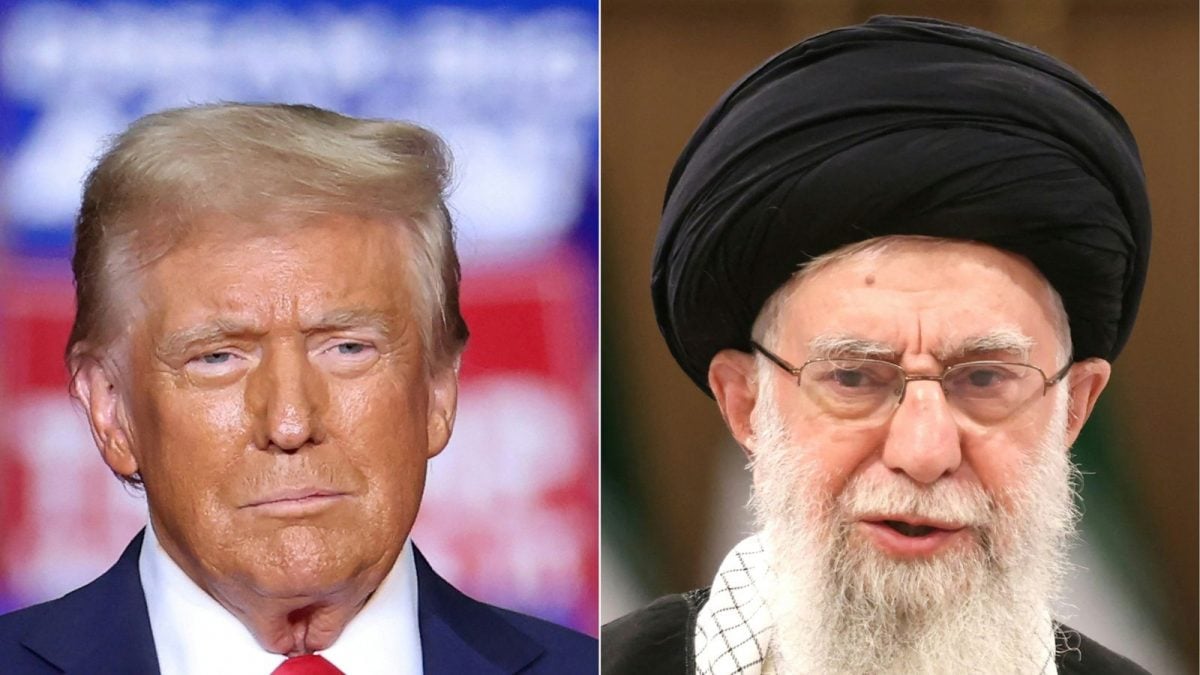ARTICLE AD BOX

Oman will tax 5% on incomes above 42,000 Omani riyals (about 109,200 USD) starting in 2028/ Image (File)
In a bold and historic move, Oman is poised to reshape its economic landscape by introducing a personal income tax on high earners starting in 2028. This landmark decision, the first of its kind among Gulf Cooperation Council (GCC) countries, signals more than just a new tax policy; it marks a strategic pivot towards economic diversification and fiscal sustainability.
For decades, Oman’s economy has relied heavily on oil revenues, a resource subject to global volatility and long-term decline. By broadening its revenue base through a carefully calibrated personal income tax, Oman aims to insulate itself from the unpredictable swings of the energy market and align with its long-term vision, Oman Vision 2040. This tax will target only high-income individuals, underscoring a progressive approach designed to protect the majority of its population while modestly contributing to the nation’s future stability.
New Personal Income Tax Law: Details and Rationale
Under the Personal Income Tax Law issued by Royal Decree No. 56/2025, Oman will impose a 5% income tax on individuals earning above the 42,000 Omani riyal ($109,200) (Dh400,000) threshold per year, starting in January 2028. The primary goal is to diversify government income sources and reduce the Sultanate’s dependence on oil revenue, a crucial step considering the fluctuations in global oil markets. Oman becomes the first GCC country to introduce a personal income tax, setting a precedent in a region where most nations have historically relied on oil revenues and indirect taxes such as VAT or corporate tax.
Karima Mubarak Al Saadi, the director of the Personal Income Tax Project, told the Omani News Agency that: “All necessary preparations and requirements for implementing the tax have been completed.” This reassurance indicates that Oman’s government is well-prepared for a smooth transition toward the new tax regime.
Exemptions and Social Considerations
The law has been designed with social sensitivities in mind. There are several deductions and exemptions to cushion the impact on residents, including:
- Education expenses
- Healthcare costs
- Inheritance
- Zakat (charitable giving)
- Donations
- Primary housing
These provisions highlight Oman’s effort to balance fiscal reform with social welfare, ensuring the tax does not disproportionately burden low- and middle-income residents.
Impact on the Population
A thorough study preceded the tax’s introduction, carefully analyzing the exemption threshold. Findings reveal that approximately 99% of Oman’s population will not be subject to this tax, underscoring the government’s intention to tax only high earners. Thomas Vanhee, founder partner of Aurifer Middle East Tax Consultancy, told media outlets that: “Oman is now the first GCC country to legislate a personal income tax regime, distinguishing itself from other Gulf jurisdictions (e.g., UAE, Qatar, KSA) that still do not levy personal income tax. This could reflect IMF-driven diversification strategies, aligning with Oman Vision 2040 and reducing reliance on hydrocarbons.” Vanhee also emphasized the progressive nature of the law: “The 42,000 Omani riyal annual threshold indicates a progressive policy intent , safeguarding low- and middle-income residents while modestly taxing higher-income earners.” He added:“At five per cent, the personal income tax rate is conservative by global standards," he said, adding that there is still ample time to prepare until 2028 when the legislation will start applying.
Regional Context: Oman’s Distinctive Move
While the UAE and other Gulf states have introduced value-added tax (VAT) and corporate income tax, personal income tax has remained largely off the table. The UAE, for instance, has imposed taxes on tobacco and carbonated drinks to encourage healthier lifestyles but has refrained from taxing personal income. Oman’s decision to introduce a personal income tax sets it apart from its neighbors and underscores the depth of its commitment to long-term economic reform.
The tax is a clear signal that Oman is ready to embrace tougher fiscal policies to ensure economic resilience beyond oil.
What Lies Ahead
With the implementation date set for 2028, Oman’s government and residents have time to prepare for the new tax environment. The phased timeline allows for comprehensive awareness campaigns, systems upgrades, and clear guidelines to ensure compliance and minimize disruption. This move aligns with the Sultanate’s broader Oman Vision 2040, which emphasizes economic diversification, sustainability, and development of non-oil sectors.



.png)
.png)
.png)
















 3 hours ago
3
3 hours ago
3









 English (US) ·
English (US) ·